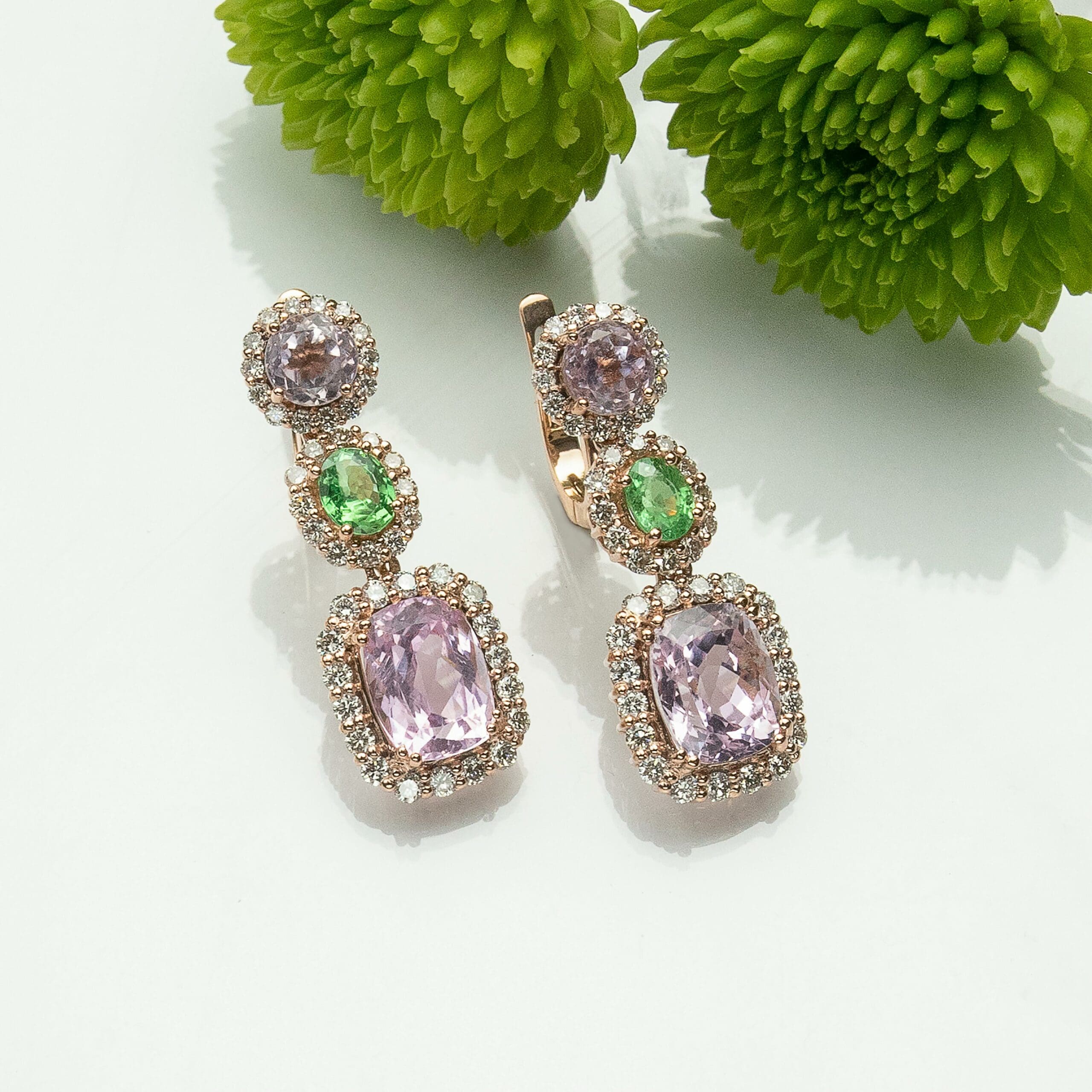
Why Does Hair Turn Grey?
Do You know!! Why does hair turn grey? Have you ever seen someone try to colour their hair to cover up grey hair? Do you know how these people’s hair turns grey? Do you know that grey hair can appear on anyone at any age? Some people begin to grey when they are very young, and some birth born with two or three white hair, while others may not see their first grey hair until their 40s.
Our genes are responsible for deciding when we begin to grey our hair. As a result, most of us will start ageing at the same time as our parents or grandparents. Persons with naturally blonder hair are just as likely to get grey hair, while grey hair shines out more in people with darker hair.
There are Two Major Parts for Each Hair on our Heads:
A root is a lower part that keeps the hair under the scalp into a little sac called a follicle.
A shaft is an upper and coloured part that grows out of our heads.
A tube of tissue under the skin, known as the hair follicle, surrounds the base of each hair strand. A specific number of pigment cells in each hair follicle constantly make a chemical called melanin.

What is Melanin?
Our skin’s melanin content determines whether it is light or dark. It imparts brown, black, red, and blonde colours to the growing hair shaft. As we age, the pigment cells in our hair follicles slowly deteriorate.
When there are fewer pigment cells in the hair follicle, a hair strand will no longer contain as much melanin, and as it grows, it will take on a more translucent colour, like grey or white. As humans age, fewer pigment cells will be available to produce melanin. At some point, the hair will seem completely grey.
It is estimated that the chances of your hair turning grey increase by 20 per cent every ten years after you reach your 30s. There is a lot of misinformation about getting your hair back to its natural colour after it turns grey or white.
It is impossible to restore your original hair colour if your grey hair is genetic or the result of normal ageing, even though some nutritional lacks and medical problems can cause premature grey hair.
Dietary supplements can be effective in slowing the rate of grey hair, but only if deficits are the primary causes. In this article, we debunk some of the most widespread myths about how to treat grey hair and explore other ways you can choose to manage your hair colour.
Why, if your hair colour is genetic, can’t you change it permanently?
The hair is essentially always white. Your natural hair colour, which is determined by genetics, is caused by melanin. Cells in the hair follicles of your body produce pigments by combining the protein keratins with melanin.
Natural melanin loss in the hair happens, especially beyond the age of thirty. Your genes determine the actual rate of fading hair colour. Despite what is claimed by online and product sellers, genetic causes of grey hair cannot be reversed.
Your hair follicles can no longer make melanin on their own when they lose it. The hair first turns grey when melanin production decreases, then white when it entirely stops.
When can we Treat Grey Hair?
Premature grey hair before the 20s and 30s is often hereditary. However, certain lack of nutritional and related medical conditions may contribute.
Lack of Nutrition
Your grey hair may be unrelated to any dietary lacks if you follow a balanced diet. The formation of melanin in your follicles may be impacted if your diet is lacking in specific nutrients. The most frequent vitamin is vitamin B-12, while iron and folate shortages raise the danger.
Before purchasing any dietary supplement, you should consult your doctor to determine the blood tests that should be performed. You can treat the shortage with these nutritional supplements, and after a few weeks, you’ll notice that your natural hair colour is beginning to grow.
Some Medical Conditions
Premature greying of the hair may also signal one of the following medical conditions: Thyroid conditions, alopecia areata, autoimmune disease, and vitiligo. And also, smoking and stress may affect your hair colour. Alterations in hormone levels may also contribute to greying hair. The treatment of such illnesses may eventually assist in the restoration of melanin and your natural hair colour.
Myths about Restoring Hair Colour
Natural processes such as ageing, genetics, nutritional deficits, and medical problems can all contribute to hair loss. However, some websites still promote marketable natural cures and products that claim to help you get your hair back to its natural colour.
Grey Hair Supplements
Some manufacturers advertise supplements for grey hair because certain nutrients play a part in the overall development of melanin. Biotin, zinc, and selenium are typical components, along with vitamins B12, serum calcium, serum ferritin and D3.
Hair Masks
Numerous homemade hair mask treatments claim to be able to colour grey hair and prevent premature greying. Homemade masks are effective against early hair ageing in different ways. Although your hair may feel soft and look shiny afterwards, the chances of hair masks increasing melanin production are slim. Common components for lowering inflammation and enhancing antioxidants in your scalp include coconut oil, lemon juice, grated ginger, milk, and jojoba oil.
How to Slow Down the Attack of Grey Hair?
There is no specific technique to prevent grey hair unless you have a dietary lack or a health issue. However, there may be some drugs you can use to assist the attack get slower:
- Maintain a Healthy Weight.
- Utilise caps and scarves to protect hair from the sun.
- Quitting smoking can be challenging, but a doctor can develop a quit plan.
- Reduce exposure to chemicals and pollution.
- Manage stress “stress hormones can alter the development of melanin in hair follicles”.
If you don’t like your grey hair, what can you do?
If the melanin is lost in your hair genetically, there is no way to stop it. Consider natural hair dyes to avoid potential hair damage if you want to change your hair colour. You can use the alternatives: henna, nettle, carrot juice, Coffee, beet juice, lemon juice, sage, or chamomile tea.
Other options to ask about for dying your hair are semi-permanent and permanent colours, but they may cause potential hair damage. If you’re trying to control a few grey hairs, root powders and building creams can also be effective.
Are you Ageing More Quickly If You Have GREY Hair?
One of the more obvious indications of ageing is silvery threads. Having grey hair, however, does not necessarily indicate that you are approaching the end of your life more quickly than anyone else your age. If you don’t like your hair colour, different hair products and colours are available to cover up your grey hair.
Can Relaxation Make Grey Hair Disappear?
When you become under stress, your hair can turn white or grey. Researchers discovered that when a person relaxes, some grey hair will change back to its natural colour. Melanocytes, a type of stem cell, are probably responsible for hair regaining its colour.
How Much Vitamin B12 Should You Take to Slow Down the Attack of Grey Hair?
The smallest amount, which is recommended to be measurable in your body, is 2.4 mcg. You can increase this dosage to 3 mcg or higher.
Which Foods Cause Melanin in the Hair to Increase?
Your hair can be healthier if you consume foods high in vitamins A, C, and E, including citrus fruits, sunflower seeds, almonds, pistachios, peanuts, carrots, papaya, and eggs.
Also, copper-rich foods like mushrooms and beef liver encourage the production of follicular melanin.
Conclusion
Grey hair is natural hair with less melanin, the substance that gives skin and hair. The amount of stem cells that develop into melanin-producing cells gradually decreases with age. These cells might become worn out, sustain damage, or lose the support system that keeps them performing. Our genes have a role as well.
As we grow older, our cells produce less melanin, which eventually causes grey (lower melanin) or white hair (absence of melanin). In addition to genetic factors that help appear grey or white hair, these factors also contribute to grey and white hair: Thyroid disease, B12 vitamin deficiency, Aerate Alopecia, and Vitiligo.


Leave a Reply